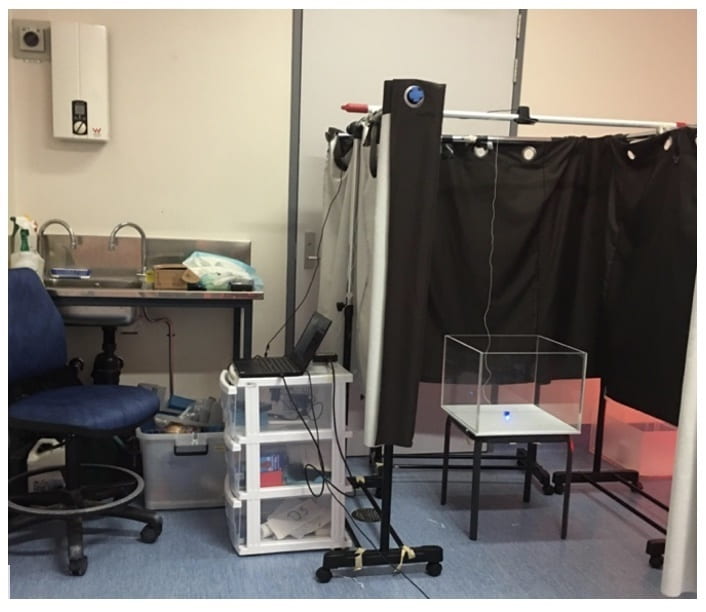
utilising miniscope technology in a murine model of Alzheimer’s disease to characterise correlations between neuronal activity in the CA1 hippocampus, behavioural deficits and amyloid-beta plaque load.

The research critically examines the potential of micro-mobility options, such as e-scooters and e-bikes, to significantly expand zones deemed ‘livable’ for the study sites.
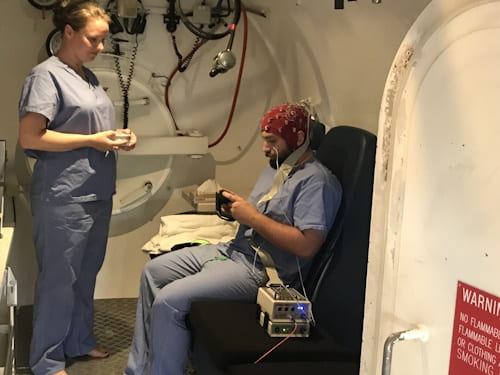
The onset of narcosis symptoms is expected around 30 metres (405 kPa) when breathing air. The principal hazard of gas narcosis is euphoria, overconfidence, and loss of judgment.
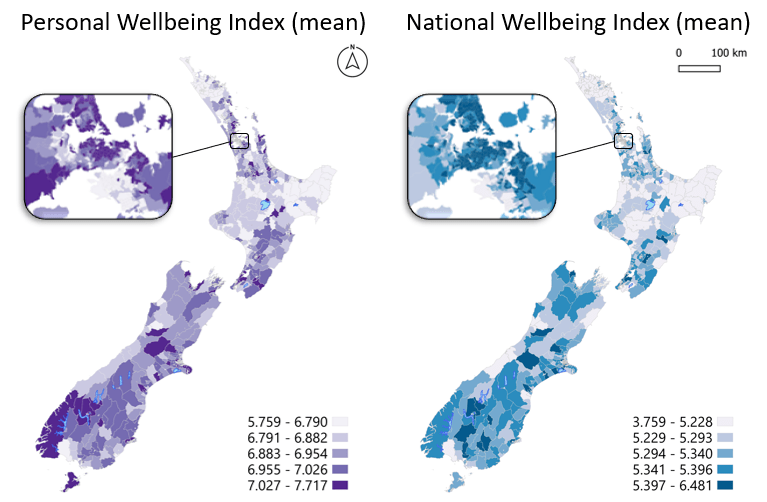
This research focuses on wellbeing as an indicator of quality of life, we aim to create a nationwide dataset that can be used to understand wellbeing in Aotearoa New Zealand.

The REACH Research Group investigates how couples and families can overcome emotional, attachment and relationship difficulties to effectively support each other and resolve conflicts to enhance their health and wellbeing.
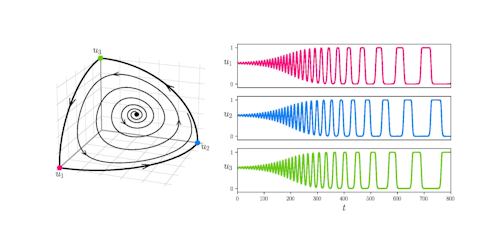
Understanding the dynamics near heteroclinic networks is currently an active area of mathematical research, but the focus of the current project is somewhat different.
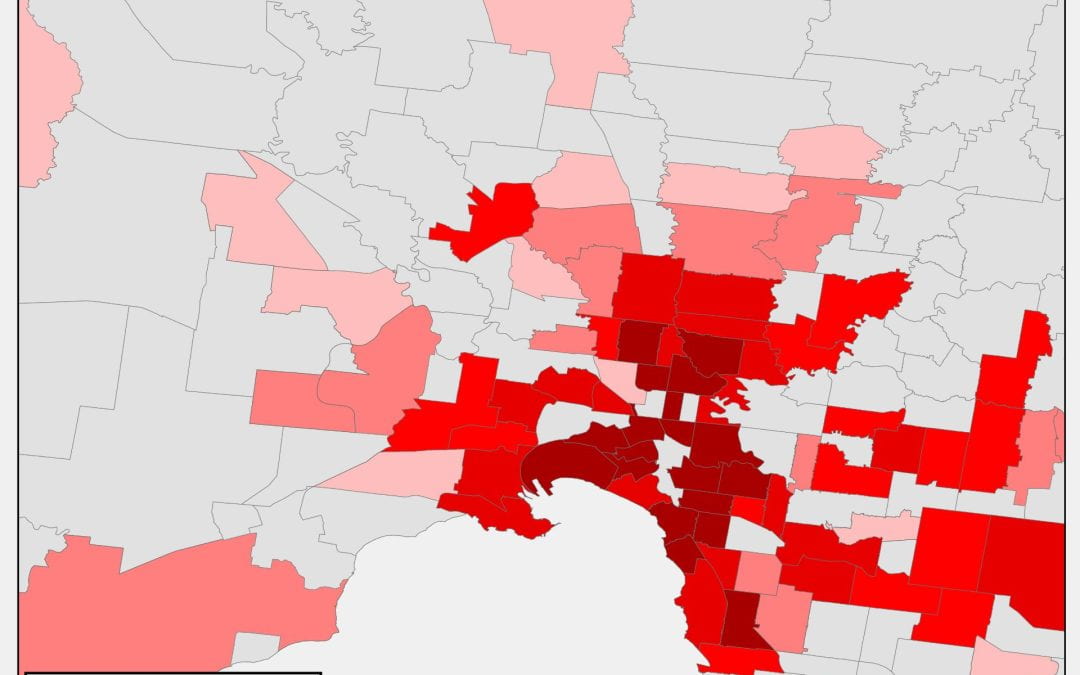
Using APM (Australian Property Monitors) Point Level Data and the Inside Airbnb dataset available through AURIN, researchers at the University of Auckland have assessed the impact of short-term tourism rentals, in particular, those through Airbnb, on rental prices across different suburbs in Melbourne, Australia.
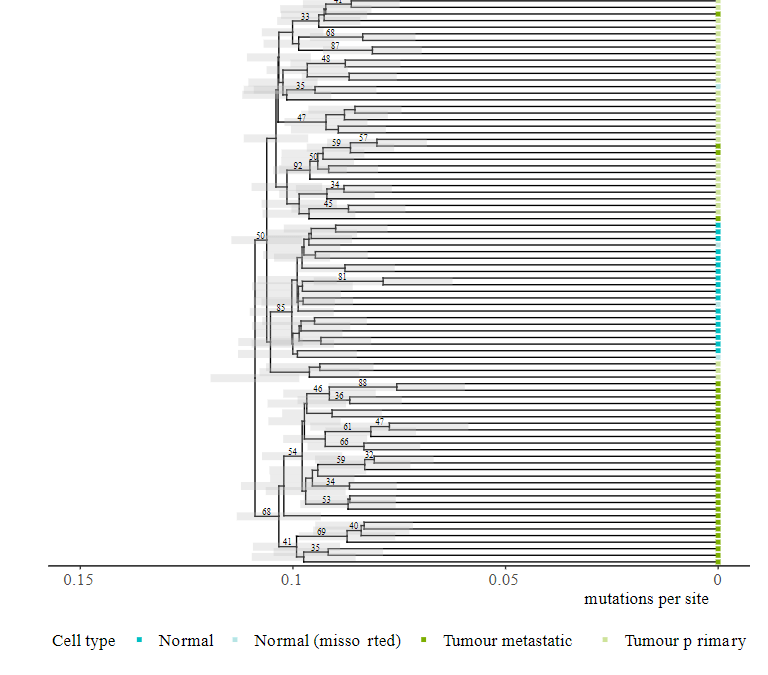
Reconstruct the phylogenetic history of a colorectal cancer patient and a healthy patient from single-cell DNA sequencing data.
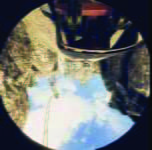
VR gaming has been gaining widespread popularity in recent years. However, up to 40% of users suffer from VR motion sickness. The adverse effects can severely undermine the user experience. Recently, researchers have proposed the use of machine learning approaches to identify the presence of motion sickness.
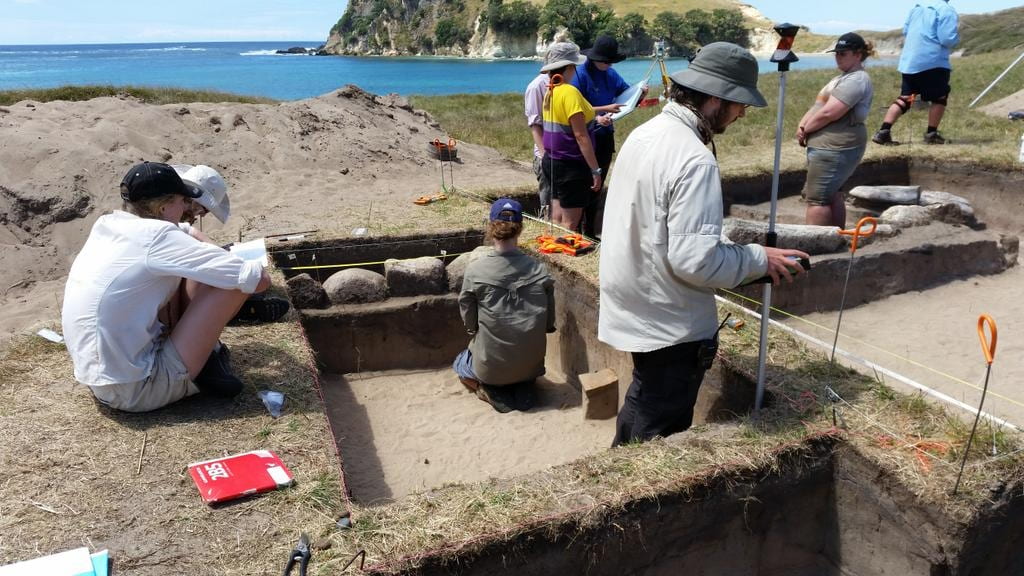
The Archaeology eResearch Collaboration Initiative (ARCI) is a research group specialising in the management and analysis of data intensive archaeology. In tandem with the Centre for eResearch, we are currently trialling the CollectiveAccess deployment to collaboratively record, manage, and explore archaeological data and metadata relating to the Ahuahu Great Mercury Island project.









